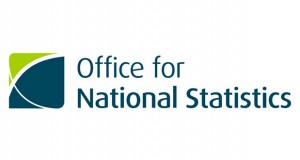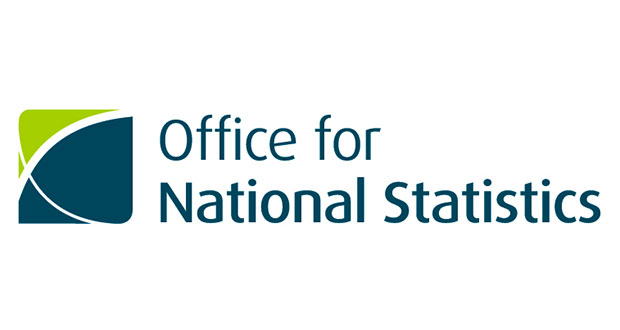Average Household Spends Half A Million Pounds In Run Up To Retirement, Leaving Just £50,000 Of Available Income To Save Or Invest For The Future
 Average household spends £503,000 between ages of 50 and 65 – 90% of disposable income
Average household spends £503,000 between ages of 50 and 65 – 90% of disposable income- They spend more than a quarter (26%) on holidays, having fun, eating out and drinking – more than at any previous stage in life
- Only £50,800 is left available for saving and investing for the future despite this group underestimating the total cost of life in retirement by £100,000
The average UK household spends the equivalent of £503,000 in today’s money between the ages of 50 and 65, over 90% of their total disposable household income, leaving just £50,800 to save or invest for the future, according to the findings of ‘The Cost of Tomorrow’ report, from investment and financial planning group Tilney.
Pre-retirees are firmly focussed on having fun, spending 26% of their total household disposable income (£134,400) on enjoying life – more than at any previous stage in life. During this 15yr period, holiday spending peaks at £49,000, while a further £42,400 is dedicated to entertainment and recreation, £14,400 on alcohol and £28,600 on eating out.
Tilney’s report, an analysis of Office of National Statistics (ONS) Family Spending data and an insight survey amongst 2,007 UK adults aged 45yrs+, provides a stark warning to pre-retirees on their future finances. It reveals that the cost of life after 65yrs totals £420,500 for the average household – a figure that has been underestimated by pre-retirees to the tune of £100,000. This, plus the small proportion of household income that is left unspent, highlights how many in this group are ignoring the unrivalled savings and investment opportunity the years in the run up to retirement offer, as income levels peak, children have flown the nest and housing costs are typically reduced.
Andy Cowan, Head of Financial Planning at Tilney, said: “With well over half a million pounds of disposable income on average at their fingertips, it’s understandable that many households in their 50s will choose to increase spending on the finer things in life, but it’s also a time when retirement planning should be an absolute priority.
“There is a huge gulf between how much people expect to spend in retirement and how much they actually will, and this is before costs such as long-term care have been factored in. This pre-retirement period is the most important when it comes to ensuring you have a solid financial plan in place to guarantee you can live the lifestyle you want while not running out of funds. The challenge of funding a financial secure retirement has become ever greater thanks to very significant improvements in life expectancy. If we continue to see growth in average life spans, the costs of tomorrow are likely to be even greater than the data in our report suggests.”
As pre-retiree households underestimate their retirement spend by £100,000, they will need to have this amount of money if they are to achieve the standard of living they aspire to. From the new tax year, individuals will be able to put £20,000 a year tax-free into an ISA which will help to generate income at retirement. Similarly, other investments can give dividend income and also allow £11,100 of gains to be crystallised tax free each year. Also, insurance bonds allow up to 5% of withdrawals on a tax deferred basis each year.





